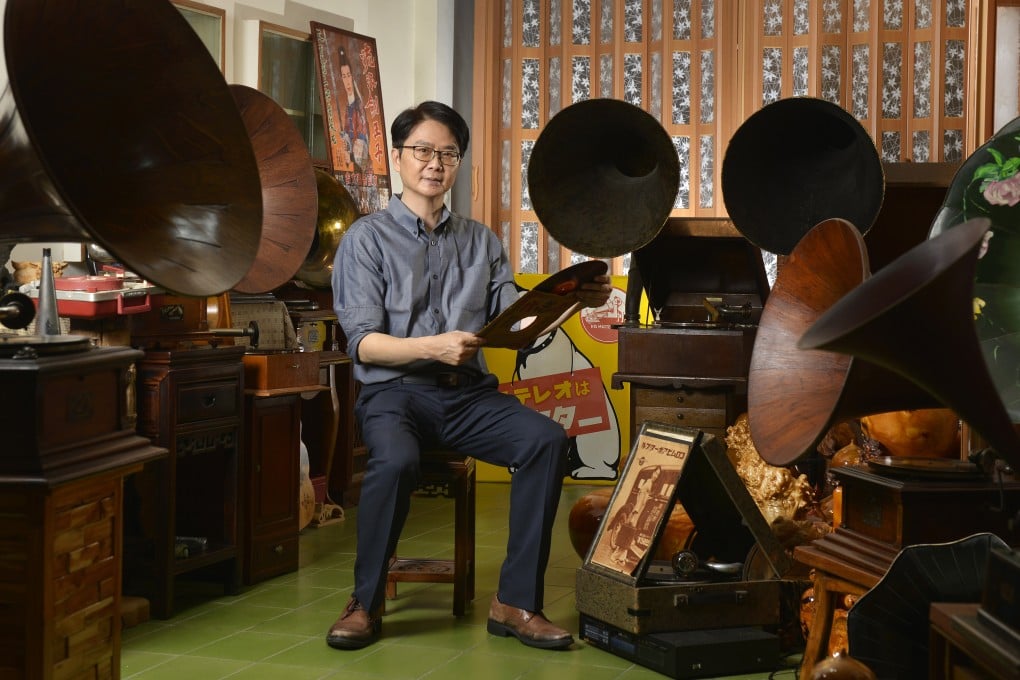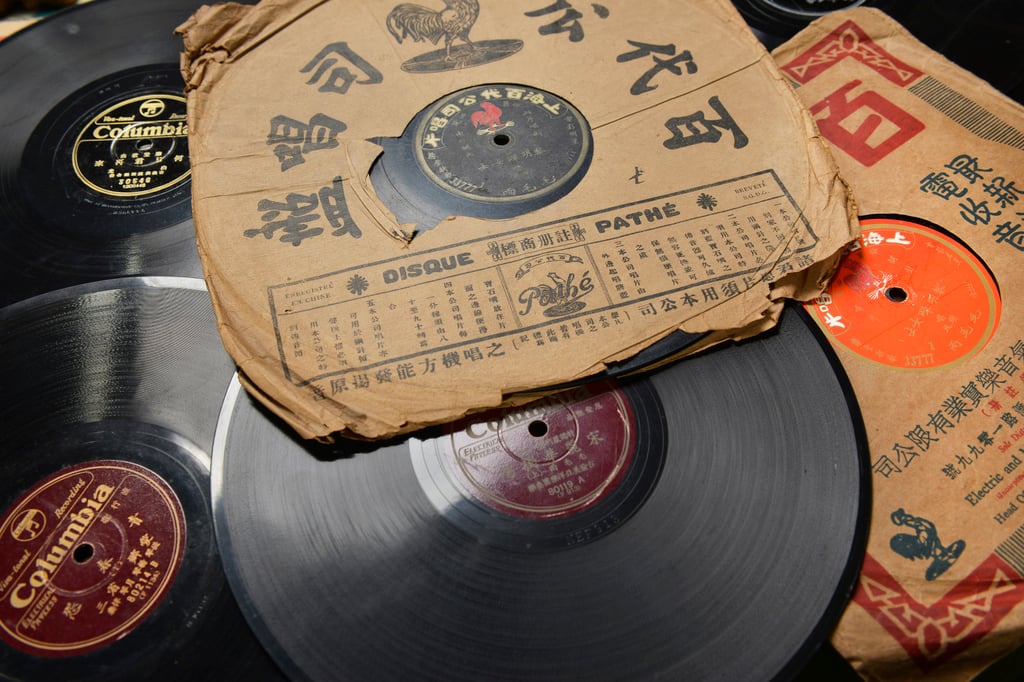From Sun Yat-sen via Shanghai jazz to Tears for Fears, on Bakelite, shellac and 78s, a record collection for the ages
- A 1924 Sun Yat-sen speech, every recording of China’s national anthem; a Taiwanese medic has the most historically important record collection in China

In 1999, Chinese media reported that a great portion of the single largest trove of master recordings from China’s jazz age – 80,000 gold- or silver-plated masters under the care of the Shanghai branch of China Records – had warped, corroded and generally deteriorated beyond repair.
This collection, stored poorly since the 1940s in a Shanghai warehouse, was estimated to represent roughly 75 per cent of China’s pre-1949 recordings. It had once belonged to the foreign concession record companies that launched the genre of Chinese pop music and built its greatest pre-war catalogues.
But it was not only the physical archive of Chinese music that was in danger of being lost. Scholarship on China’s early pop songs was also in a state of neglect.
For both Eastern and Western researchers, Chinese pop music was generally deemed “unworthy of serious consideration, let alone preservation and academic study”, wrote Andrew Jones, a professor of Chinese at the University of California, Berkeley, in his 2001 book Yellow Music: Media Culture and Colonial Modernity in the Chinese Jazz Age.

Chinese academics viewed Shanghai jazz as tainted by colonial influence and not authentically Chinese, explained Jones, while Western scholars focused on Chinese music with a more unique cultural identity.
So in around 2000, when Taiwanese music historian Hung Fang-yi began researching Shanghai’s jazz-age songs, “It was impossible to do my research with public collections,” she says.